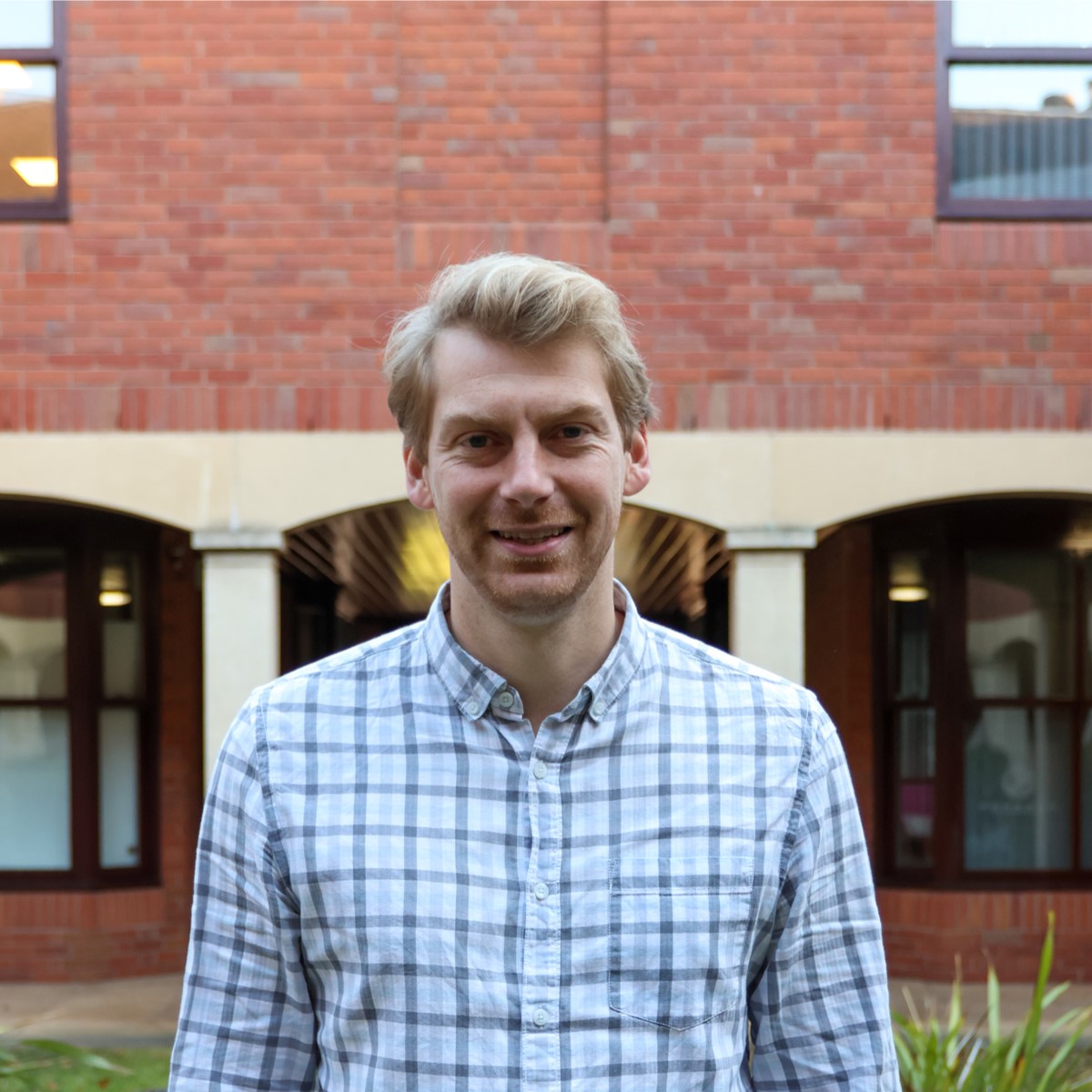“You can get qualified quickly but you can’t get good quickly”
I’ve heard this statement a few times through my coaching journey, usually from tutors of coaching courses stressing the importance of the learners embedding the learning and content gained from that qualification within their regular coaching, rather than immediately looking to progress on to the next level of qualification and ‘certificate chasing’. Whilst it’s slightly uncouth as a statement, its sentiment is one that resonates. Where it falls down is the failure to acknowledge the nuances involved within an individual's coaching journey. For some, a quicker route through a sport’s coaching qualifications may present itself, and this by nature provides a regular touchpoint with expert coach developers across a handful of years. For others, such as myself, circumstances and a different learning journey could lead to a more prolonged route towards certification. Whilst there are merits to both routes, with no proof that one may lead to a better or higher level of coaching delivery than the other, there comes a point within all coaching journeys where continuous professional Development begins to take on a higher level of significance. Take my own journey as an example – as a University student, I gained a level 1 and 2 football coaching qualification within a year of each other, quickly followed by signing up for as many courses possible where I met the pre-requisites (think Youth Modules, Coaching Disabled Footballers Award etc). Without realising at the time, these courses counted as CPD hours toward my FA license. They were gained as a byproduct of learning through qualification.
Personal Evolution Through Qualifications: "A Coach's 10-Year Plateau"
Eventually though, in terms of qualifications, most coaches will feel a plateau at some point. For example, once I’d accessed as many of those courses as I could, it then took me 10 years to eventually progress from a Level 2 to a Level 3 qualification. Does that mean that I was the same Level 2 coach at the start of those 10 years as I was towards the end? Of course not – the general level of my sessions improved, as did my confidence, problem-solving and coaching reflections. It’s true that a coach will develop organically through experience, however without attending regulated CPD delivered by Coach developers in order to gain the necessary hours each year, would this organic development have improved my coaching or led to bad habits to set in, with little input from external experts? The answer may be different depending on factors such as a coach’s support network, and internal motivation to develop themselves through other sources (digital content etc). Even considering this, the opportunity to access an interactive learning environment, to check and challenge peers (or be checked and challenged!) and to be updated on new techniques and thoughts is fundamental for a coach to grow and develop.
Coach's Lens: "Appreciating the Importance of CPD"
As an experienced Coach and now also as a Coach Mentor, I can fully appreciate the benefits and importance of CPD. Working with volunteer coaches in particular, I can also see the challenges that attending regular CPD can bring – time constraints, juggling other responsibilities, a lack of motivation or perhaps not understanding exactly the role of CPD and how it may benefit their coaching level and delivery.
I have both experienced these challenges myself and I’ve also witnessed them from the other side of the table. Over the last couple of years, we have implemented a brand-new coach licensing scheme for a small National Governing Body. The culture change within a different sport where qualified coaches have never engaged with regular continual professional development was a challenge initially, and we had to really consider our communication methods to coaches to engage to attend 4 hours of CPD sessions across a season in order to maintain their membership. Over time, the coaches have seen the further benefits of gaining these hours, and appreciate the opportunity to develop themselves through peer-to-peer learning and access to experts from both inside and outside of the sport. Alongside this, the requirement of in-date Safeguarding, First Aid and DBS certifications has ensured that the sport is in the best possible place in terms of duty of care for everyone involved within the sport.
Shaping the Future: "Coaching as a Catalyst for Change"
These personal experiences and learning from working with coaches across the sector mean I am able to support various consultancy projects through my coaching lens, influencing the shaping of learning and development content for coach qualifications and e-learning, better understanding sector needs for coaching deployment and CPD, and ultimately support the wider workforce in helping to #shapethefuture.

Senior Project Officer: Workforce & Consultancy
Click Here to find out more about Mark!






